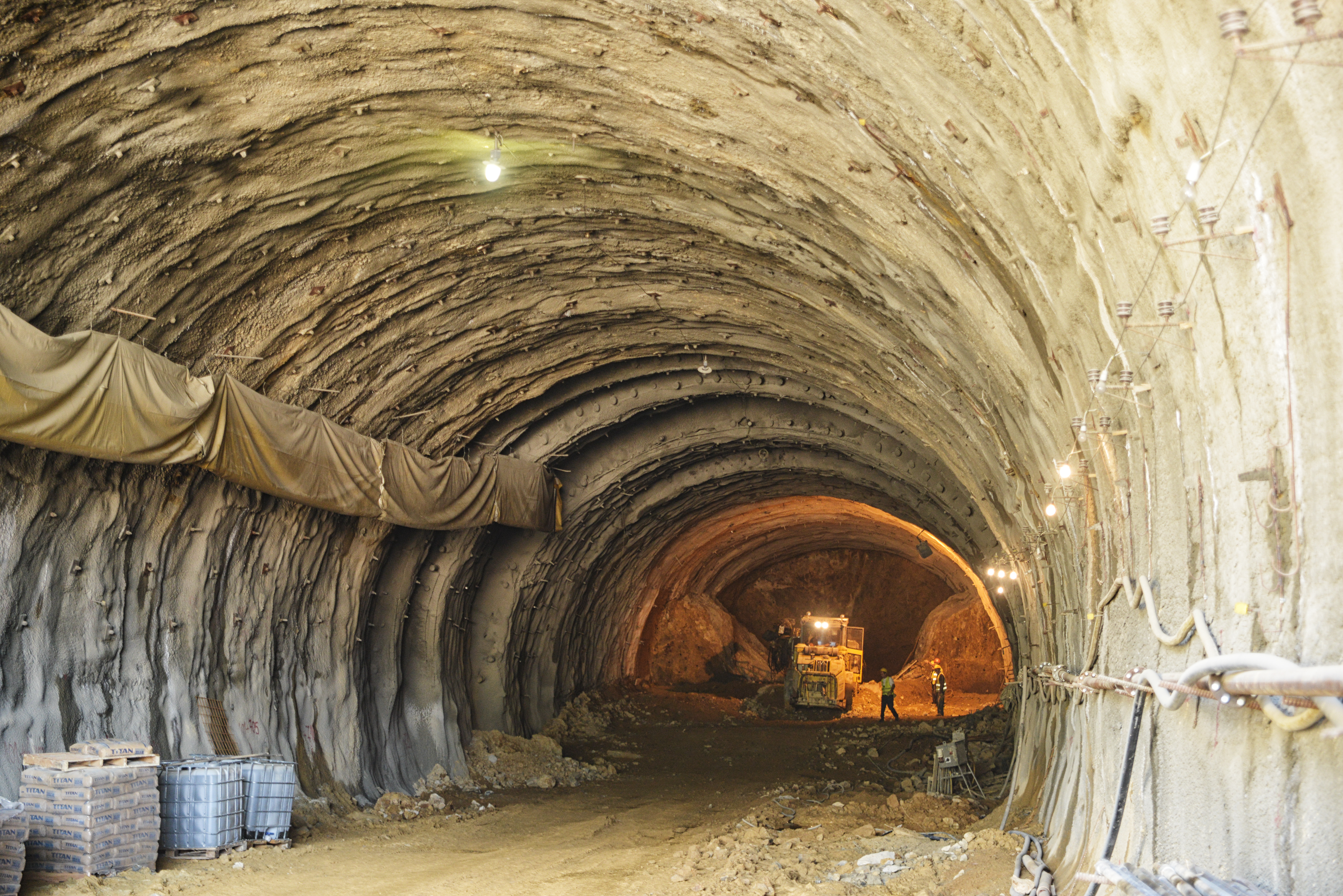2 min read
Glacier Northwest Loses Appeal Over Wage Violations at Quarry
Joe Whitcomb
:
March 18, 2025

The case of Glacier Northwest, Inc. v. Department of Labor & Industries involved a dispute over prevailing wage requirements under Washington state law. Glacier Northwest, Inc. challenged the Washington Department of Labor and Industries’ (L&I) determination that the company failed to pay prevailing wages to workers at an off-site disposal facility linked to a public works project. The Washington Court of Appeals upheld L&I’s ruling, affirming that the work performed at the disposal site was covered under the Prevailing Wage Act (PWA).
Background and Legal Issues
Glacier Northwest, a materials supply company, entered into a contract with Seattle Tunnel Partners (STP) to handle and dispose of excavation materials, or “tunnel spoils,” from the State Route 99 tunnel project in Seattle. The tunnel project was funded by the Washington State Department of Transportation (WSDOT), making it a public works project subject to prevailing wage requirements under Washington law.
L&I determined that the work performed at Glacier’s disposal facility, Mats Mats, was integral to the tunnel project and therefore covered under the PWA. The agency found that Glacier failed to pay the required prevailing wages and ordered the company to compensate affected workers. Glacier challenged the decision, arguing that:
- The work at Mats Mats was not performed at the project site and therefore should not be subject to prevailing wage laws.
- The company had no contractual relationship with WSDOT, only with STP, which should exempt it from public works requirements.
- The agency’s decision was arbitrary and capricious.
Court’s Analysis and Findings
The Washington Court of Appeals reviewed whether the PWA applied to the work at Mats Mats. The court found that:
- The disposal work was directly related to the public works project. The court emphasized that disposing of tunnel spoils was essential to completing the tunnel, and the contract between WSDOT and STP contemplated such work from the outset.
- The funding source and project character confirmed PWA applicability. Although Glacier was not directly contracted by WSDOT, the court held that the nature of the work and its funding source made it subject to prevailing wage laws.
- The agency’s ruling was not arbitrary or capricious. L&I’s decision was based on existing legal standards and prior case law, and the agency had followed proper procedures in its determination.
Glacier also argued that requiring it to pay prevailing wages impaired its contractual obligations and violated constitutional protections. The court rejected these arguments, ruling that the PWA served a legitimate public purpose of preventing substandard wages on publicly funded projects.
Conclusion and Ruling
The Washington Court of Appeals affirmed L&I’s decision, holding that Glacier’s work at Mats Mats fell under the PWA and that the company was required to pay prevailing wages to affected workers. The ruling reinforced the broad application of prevailing wage laws to off-site work that is integral to public works projects.
Legal Guidance for Government Contracting and Compliance
Understanding prevailing wage requirements is essential for businesses involved in government-funded projects. Our team at Whitcomb, Selinsky, PC assists clients with government contracting compliance, wage disputes, and regulatory matters.


